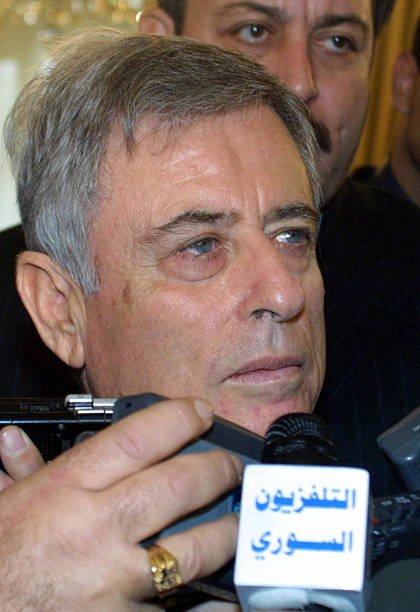The Vice President of the Syrian Republic, Abdel Halim Khaddam, conveyed a message from Syrian President Bashar Al-Assad to his French counterpart, Jacques Chirac, who received him yesterday afternoon at the Elysee Palace in the presence of Foreign Minister Michel Barnier.
Khaddam’s visit to Paris was an opportunity for the Syrian and French parties to engage in an extensive discussion that covered not only bilateral relations but also “hot” issues such as the dire situation in Iraq, developments in the Palestinian file following the assassination of Sheikh Ahmed Yassin, the spiritual leader of the Hamas movement, Syrian-Lebanese relations, the situation in southern Lebanon, and the activities of Hezbollah and Hamas.
Furthermore, the two parties shared the outcomes of their contacts regarding the Arab Summit, which was originally scheduled to take place in the Tunisian capital but did not occur as planned. They also discussed initiatives aimed at reforming and democratizing the Middle East, including the American initiative and the European “Strategic Partnership” project, which received interim approval during the most recent European Summit in Brussels.
In addition to these matters, the Syrian Vice President discussed European-Syrian relations with President Chirac, focusing on the progress made in the negotiations for a partnership agreement with Europe. The European Union’s insistence on including a provision addressing weapons of mass destruction has been a point of contention for Syria, which demands that the provision be applied uniformly to all countries that have signed a partnership agreement with the Union, including Israel. French sources indicate that Paris is actively engaging with Syria on this matter; however, it should be noted that the decision regarding the inclusion of the weapons of mass destruction clause rests with the European Union, and no individual European country can address it independently, regardless of its influence within the Union.


